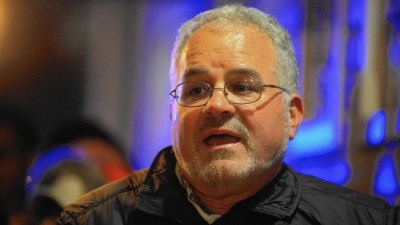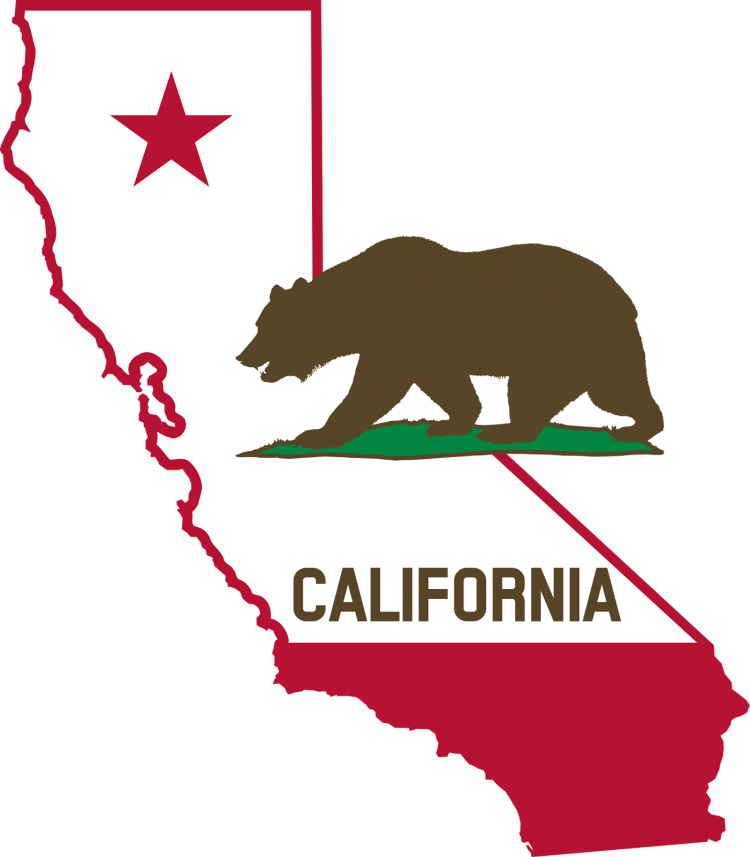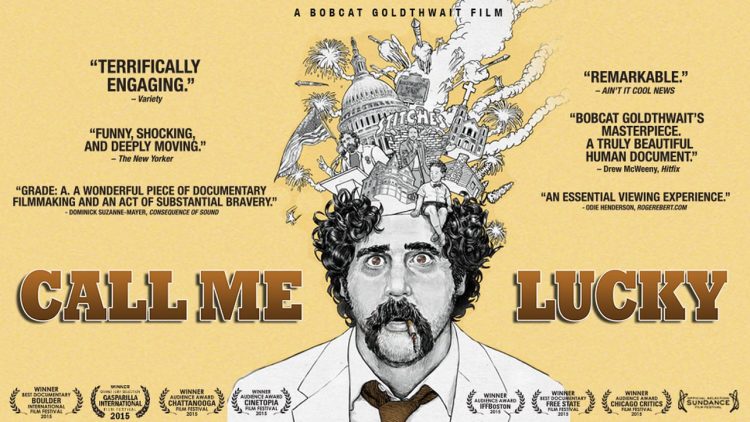Not fake news. They’re really doing it. And Edward James Olmos is gonna be there, too. Bruce Wellems is a problematic guy, to say the least. He’s been banned from the Archdiocese of Los Angeles. He’s been removed from ministry in the Archdiocese of Chicago and by the Claretian order. Last year, he was sued…Continue reading Banned priest and admitted abuser slated for San Gabriel Mission award


